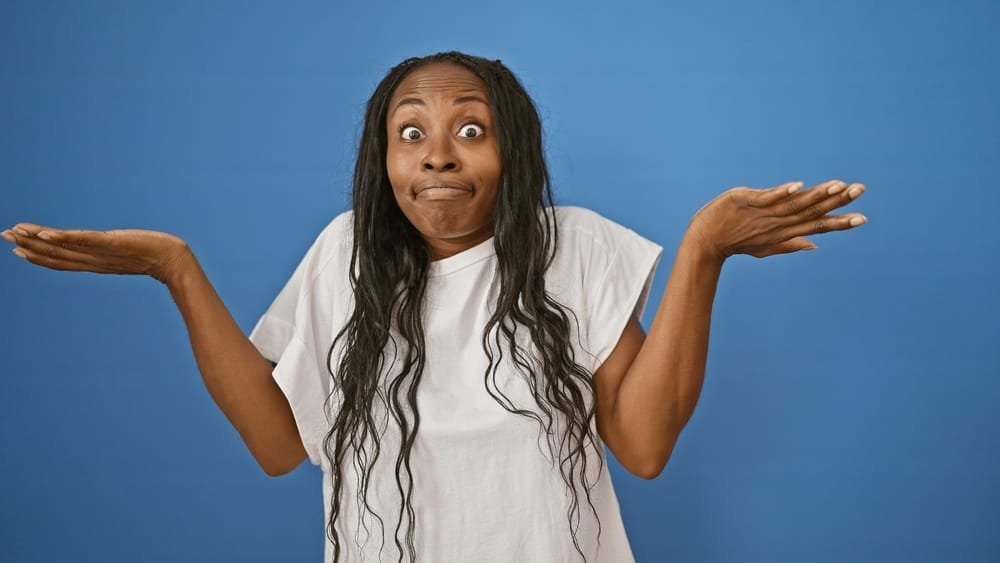
Is it okay to say “I don’t know” in a media interview?
Is it okay to say you don't know the answer in a media interview? Well, the short answer is yes, but it doesn't happen very often.
Rather than saying, I don't know, it's usually a good idea just to bridge onto something you do want to discuss. So you might say, that's a good question, I don't have an answer right now. But what I can tell you is (my key messages).
This way, you're playing the interview game. Interviews are pretend conversations where a casual chat happens in front of tens of thousands or millions of people on air.
Saying you don't know breaks that pretence and can feel like you're the wrong guest or wasting everyone's time.
Saying you "don't know" during a media interview can feel quiet honest
So, to get to the point of this podcast when people do say "I don't know" the answer during an interview it's always a bit of a surprise which sometimes can feel quite honest and refreshing.
Rules as they say are there to be broken. Now do you feel an example coming on?
An example of someone saying they don't know the answer in a media interview
This is Jess Phillips, a British Member of Parliament on Sky News in the UK. I'm presuming she was invited on to discuss safeguarding for women and girls, which is her ministerial brief at the time I recorded this.
Presenters will sometimes throw in an off-topic question during an interview about something completely different and this is what's happened in this example.
Jess Phillips is asked about the Elgin marbles. They are a set of priceless Greek antiquities in the British Museum and Greece has been wanting them back for donkey's years.
Pres: What are we going to do about the Elgin Marbles?
Jess: Gosh, do you know what Kay, I don't know what we are going to do about the Elgin Marbles.
Pres: What would you like to happen do you think we should keep them here?
Jess: Oh, gosh this is like a raging debate in my house with my husband.
Pres: The Greek prime minister and our prime minister are meeting today they want them back, we pinched them a long time ago, what should we do?
Jess: (Says she's not going to pre-empt any discussion between heads of state and says she's rarely asked about the issue.)
More media training guides and podcasts
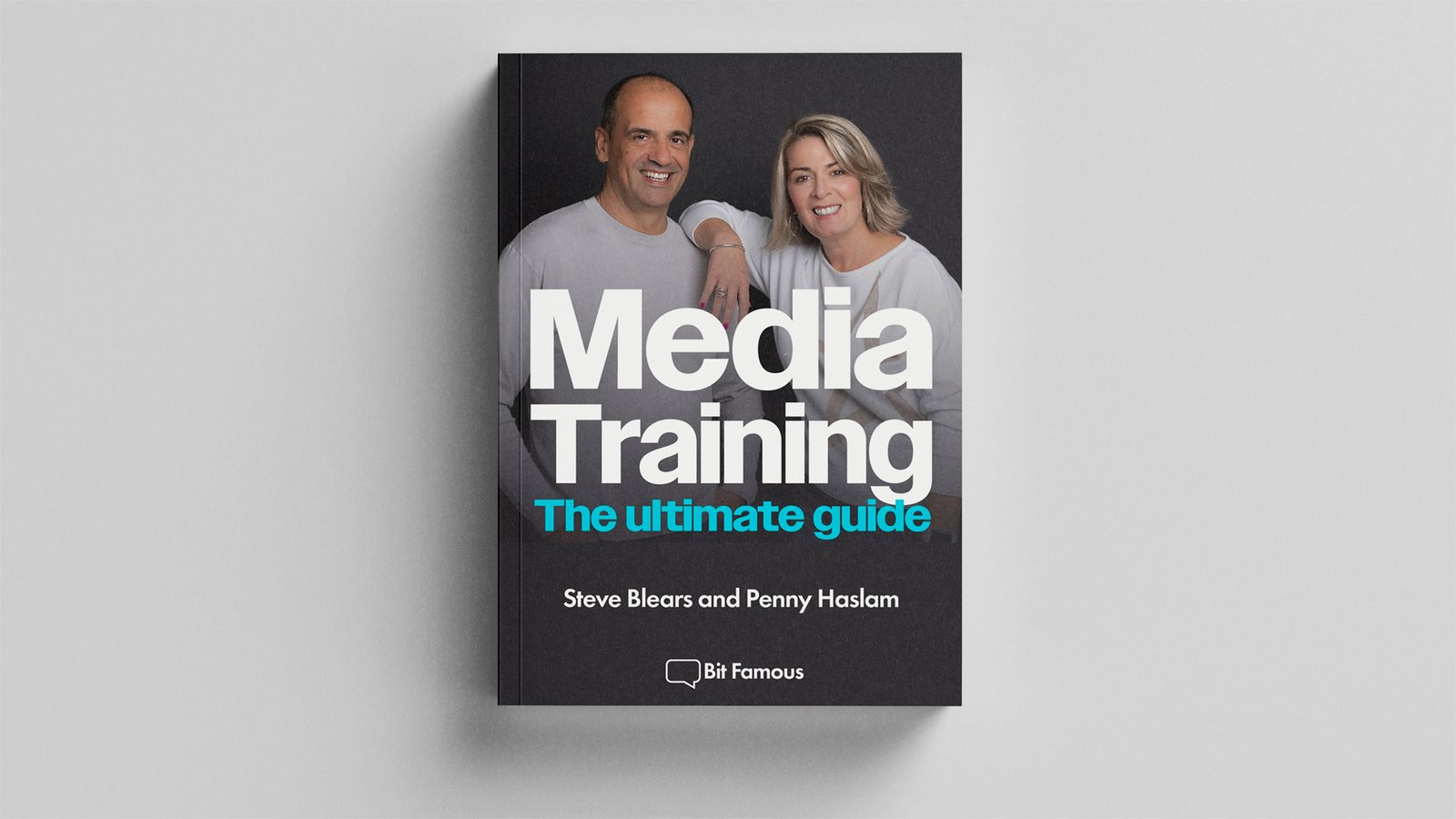
Media training book
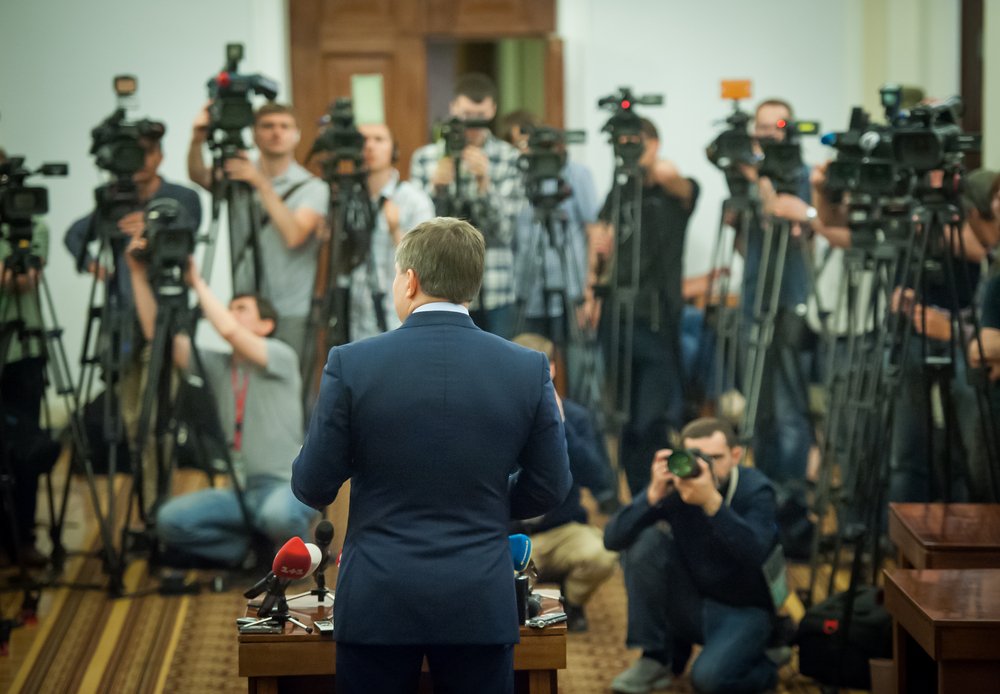
How to hold a press conference
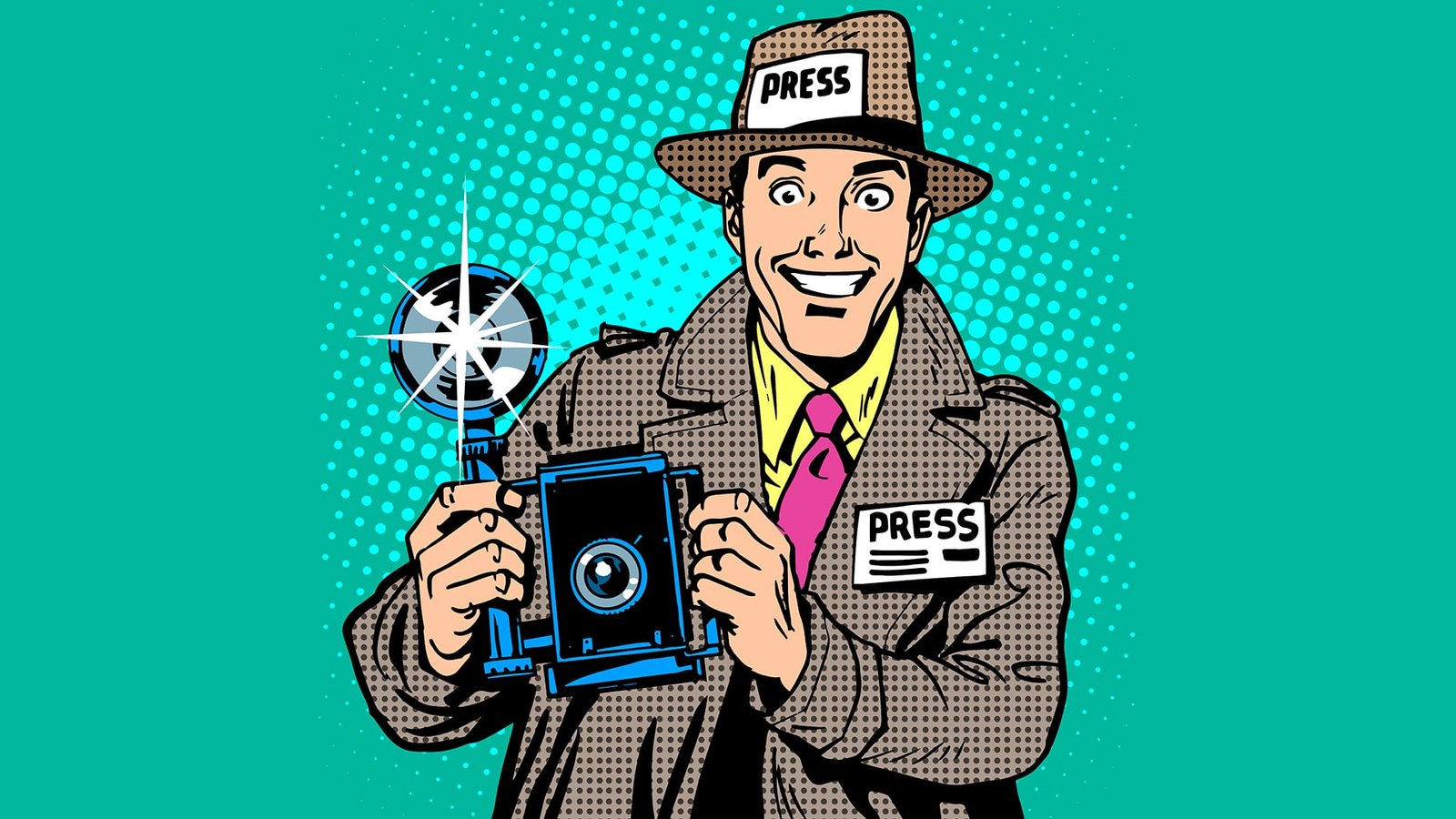
Time for a media training refresher?
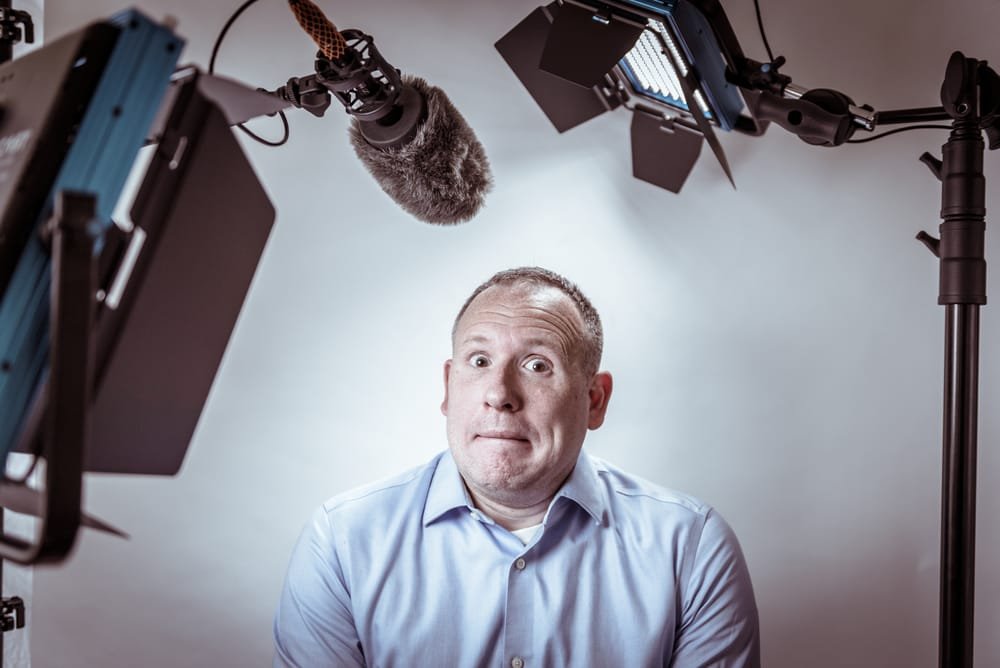
How to get your boss on board with media appearances

Is it okay to say “I don’t know” in a media interview?
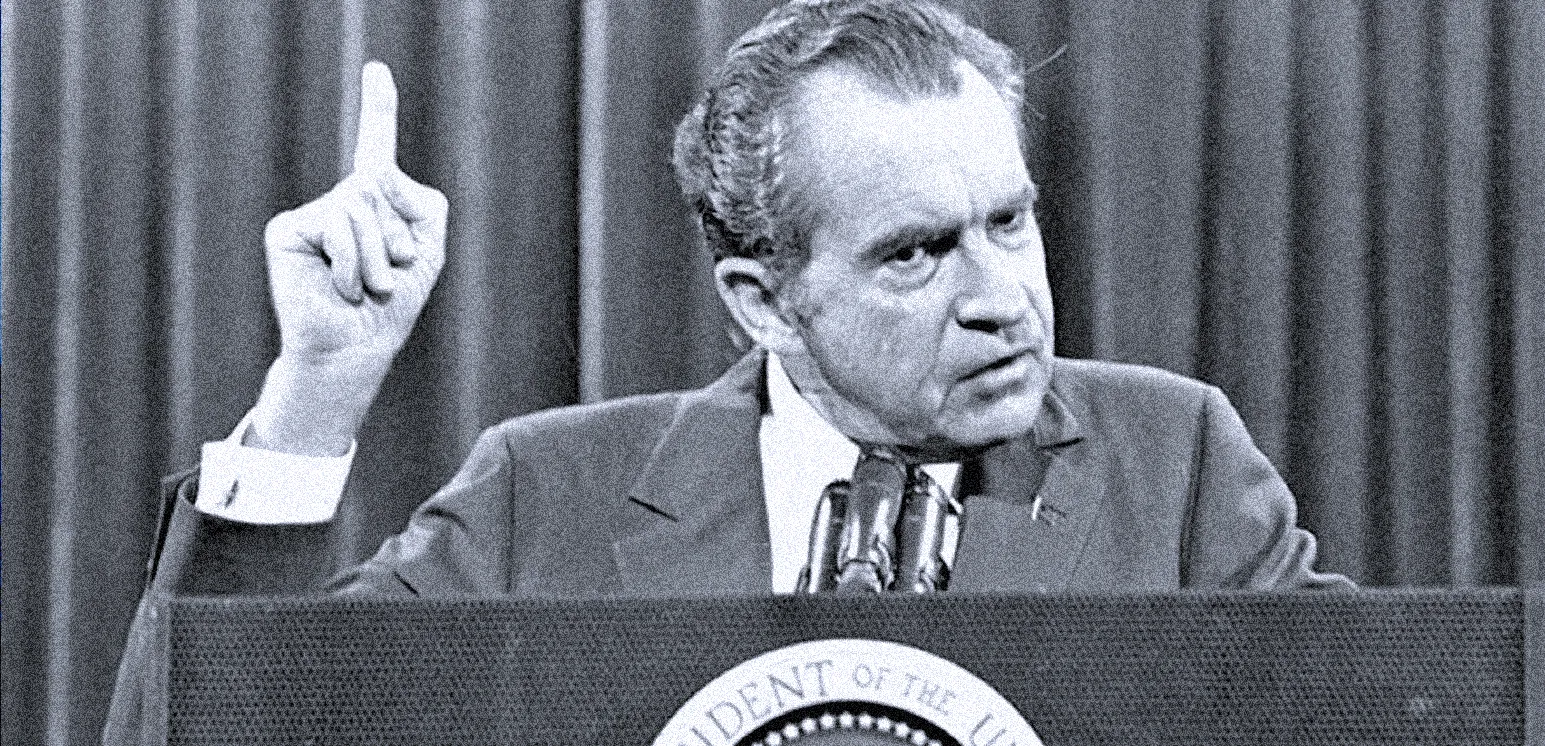
Why should you avoid repeating negative questions in media interviews?
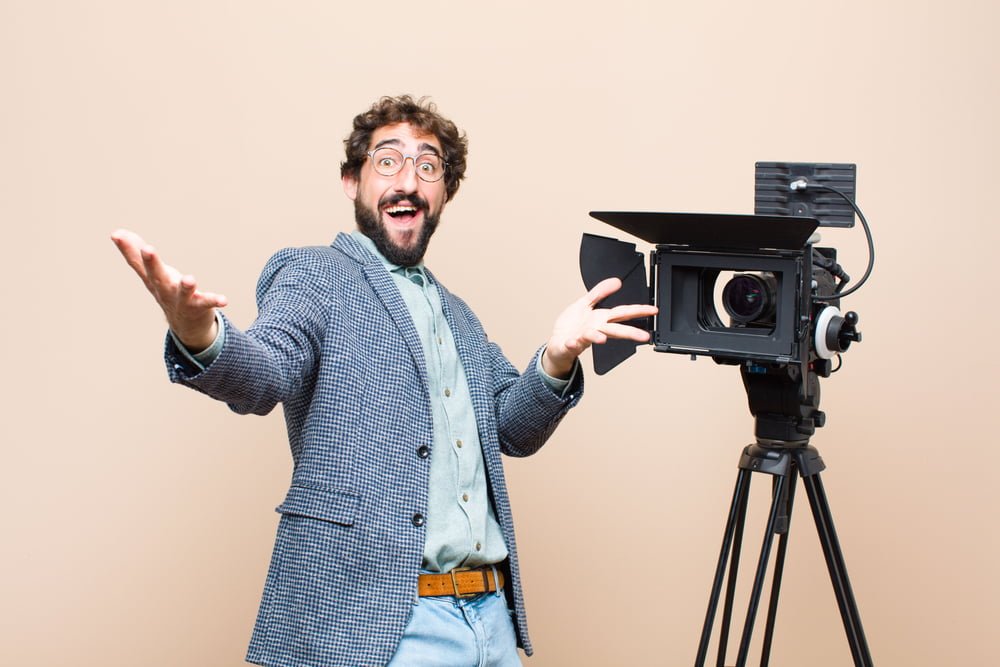
How to look and sound relaxed in a media interview, performance tips

Mastering profile interviews in the media
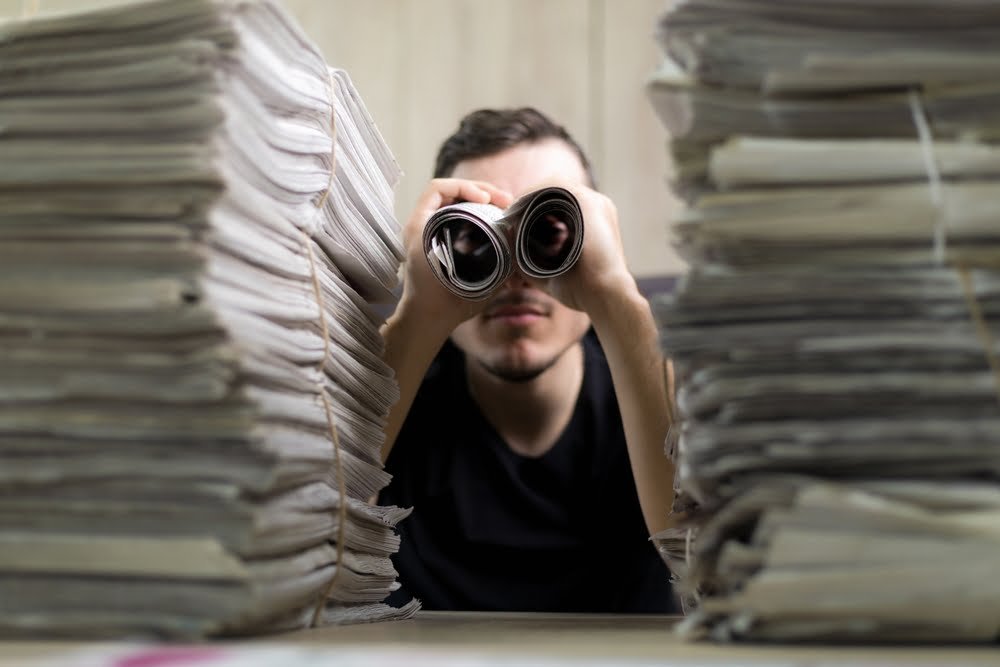
Media appearances, the unwritten rules

Public apologies, how to say sorry in the media and mean it

Why off-the-record journalism is riskier than you think
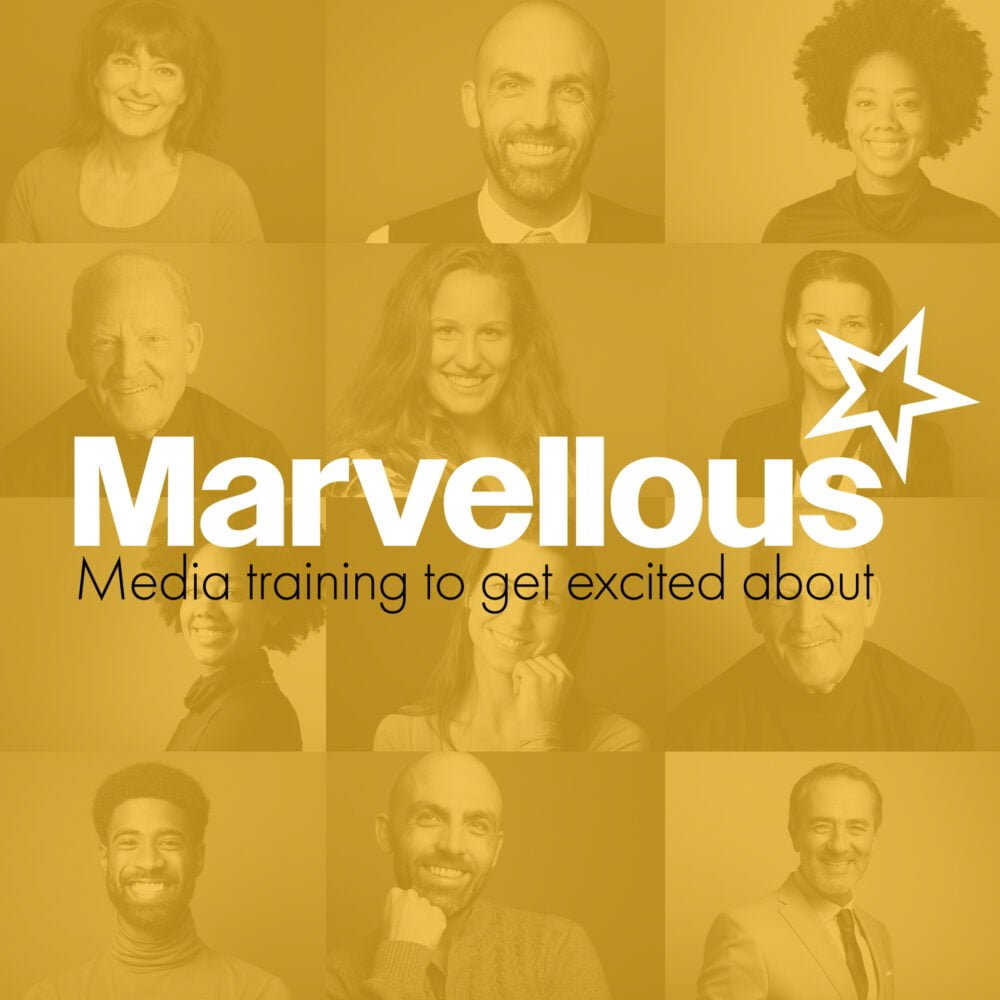
What are key messages in the media?
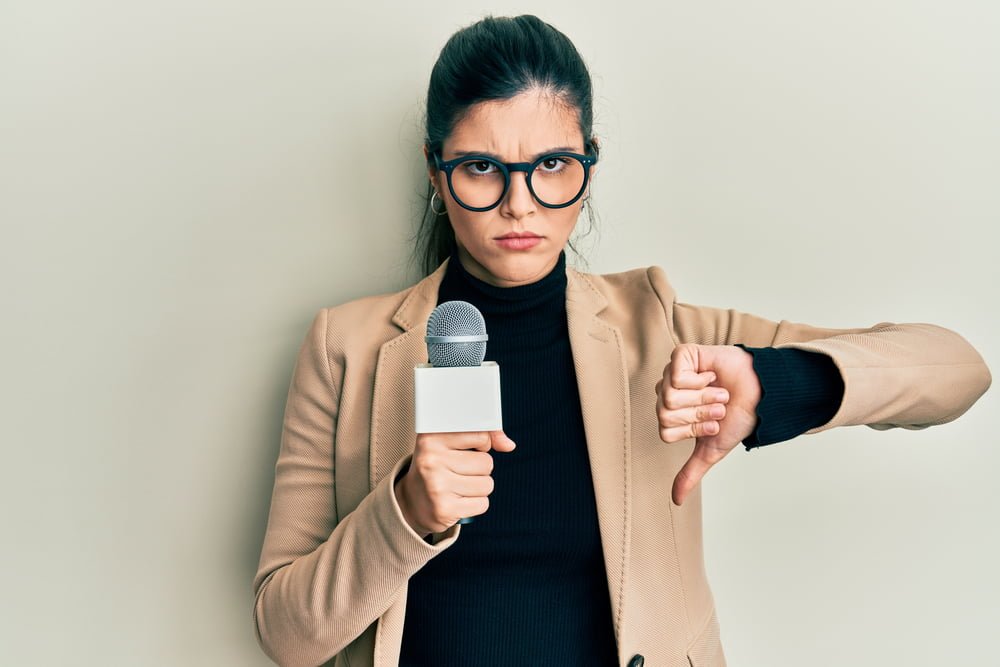
Give your leader feedback after a media interview
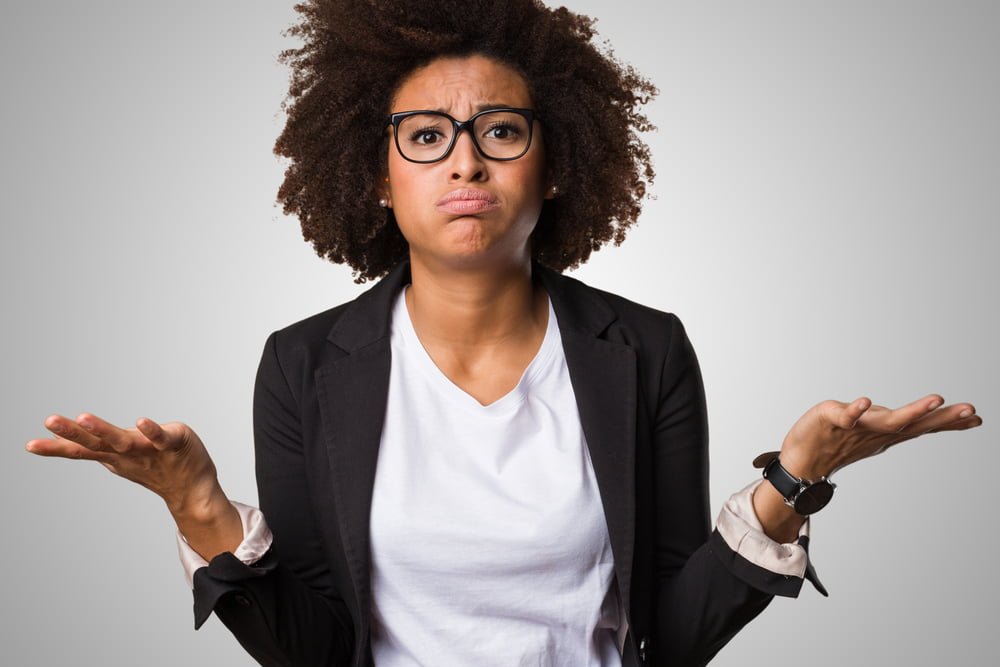
Why avoid corporate speak and office jargon in media interviews?
Is saying you don't know the answer in a media interview really an on-air mistake?
When I heard this clip it had been written up as a news story: Jess Phillips makes on-air blunder with awkward live TV exchange. But I don't think that's the case.
You don't get to be a senior politician without being quite a polished and relaxed on-air performer. By saying, I don't know. The point she appears to be making is the UK has 99 problems and Greek statues ain't one.
Saying you don't know in a media interview is breaking with convention
Her answer feels like an irreverent F-U to the question. She's refusing to play along with the conventions of media interviews. And if you watch the clip, she continues to break with convention by appearing to chat with her husband (or colleague) who seems to be in the room with her, although off camera.
Saying you don't know the answer in a media interview isn't the end of the world
What I like about this is saying you don't know in your answer isn't the end of the world. In fact, it's quite refreshing to hear someone being honest.
It shows authenticity. And let's face it, saying you don't know can be quite good fun. By giving yourself permission not to know the answer also removes a huge amount of stress when it comes to preparing for a media appearance.
Not knowing what to say is the number one thing our clients ask about. And how to answer difficult questions is the most searched topic on this podcast.
So with that in mind, there's lots of advice on politely dodging awkward questions in my podcast episode:
How do you handle a media question you don't want to answer?
So check that out. That's the number one most listened to episode. And also listen to:
How to look and sound relaxed in a media interview.
If you need some straightforward support with media appearances for you or your team, get in touch. We help the third sector, corporate clients and even politicians communicate with confidence.

Media training book

How to hold a press conference

Time for a media training refresher?

How to get your boss on board with media appearances

Is it okay to say “I don’t know” in a media interview?

Why should you avoid repeating negative questions in media interviews?

How to look and sound relaxed in a media interview, performance tips

Mastering profile interviews in the media

Media appearances, the unwritten rules

Public apologies, how to say sorry in the media and mean it

Why off-the-record journalism is riskier than you think

What are key messages in the media?

Give your leader feedback after a media interview

Why avoid corporate speak and office jargon in media interviews?
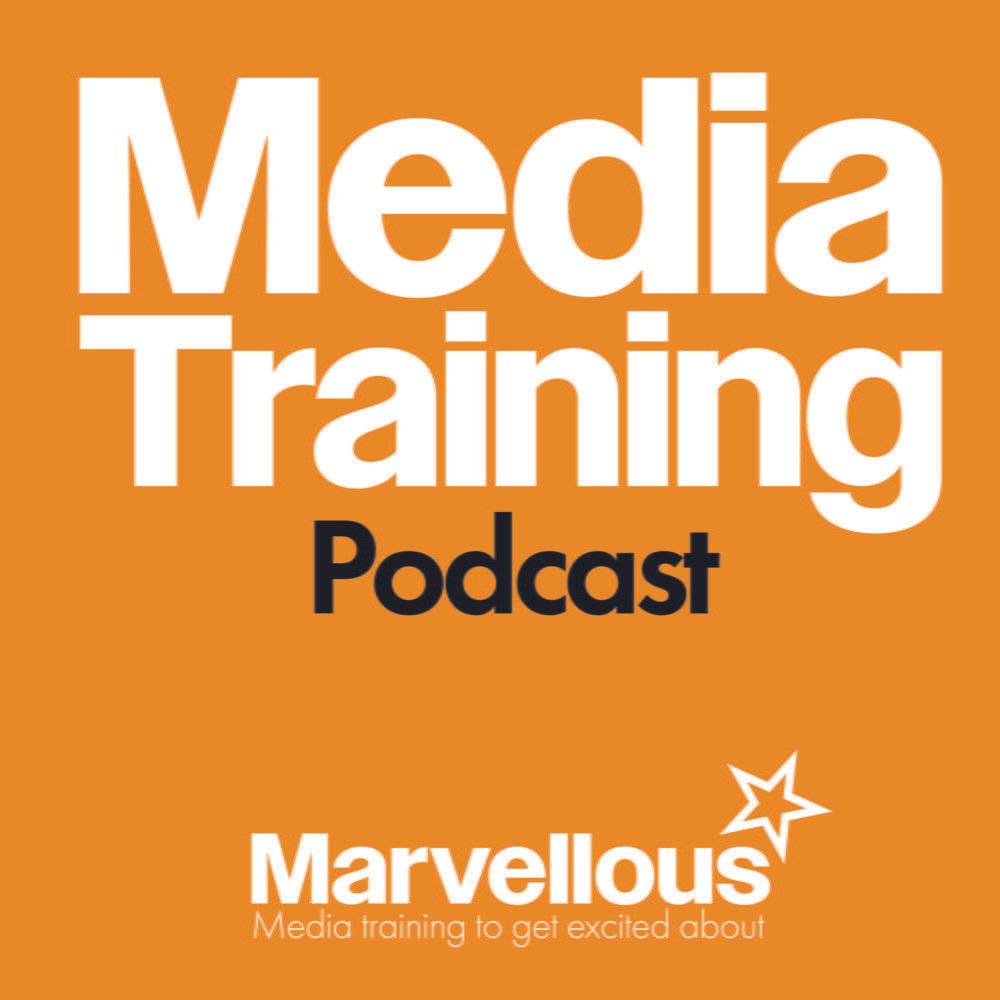
Media interview preparation checklist

How to create a founders’ origin story
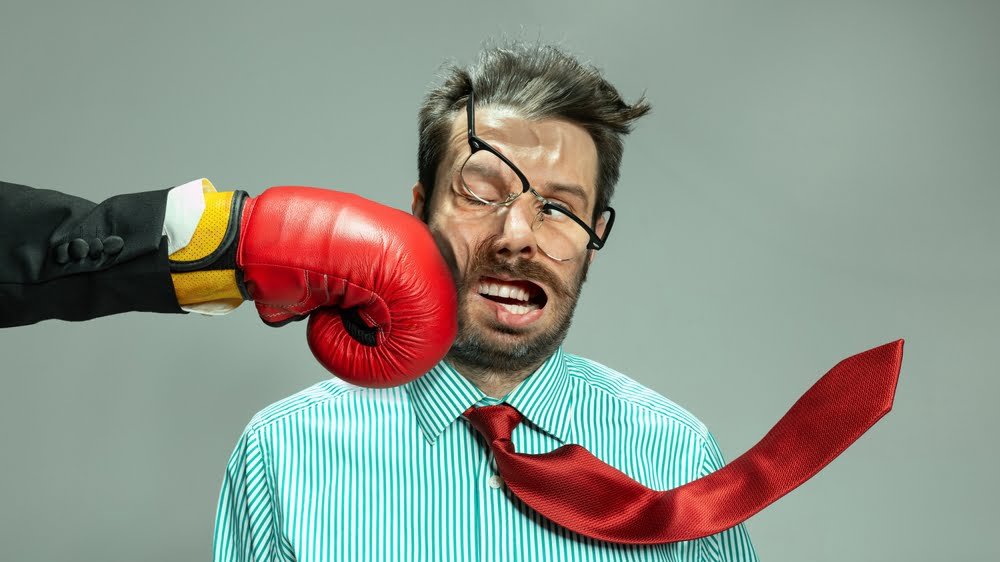
How to answer hostile or negative questions from a journalist
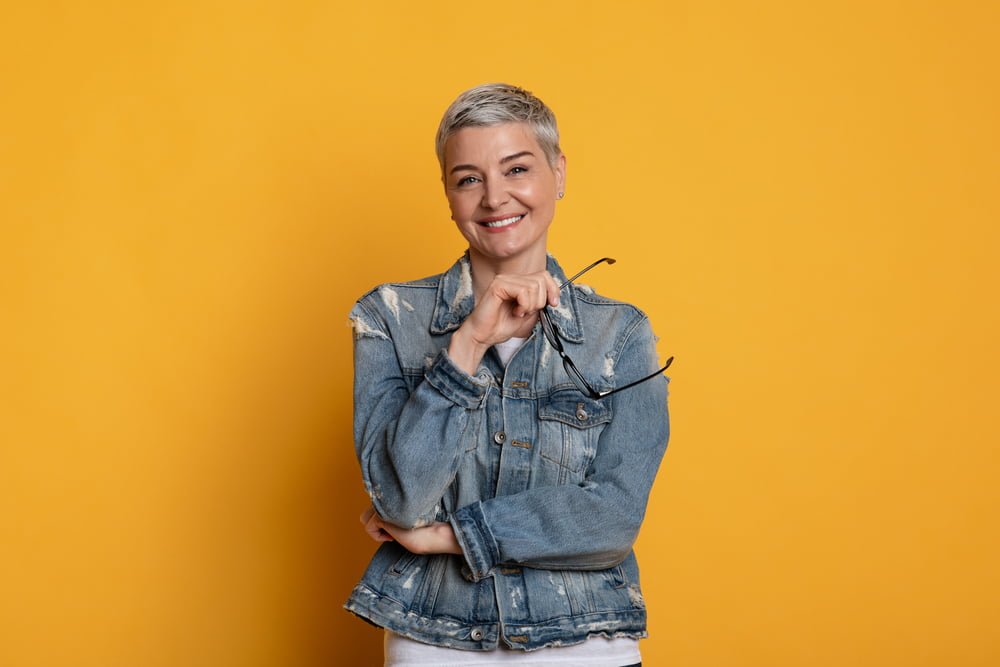
How to be authentic in a media interview

Crisis Management: How to write a holding statement
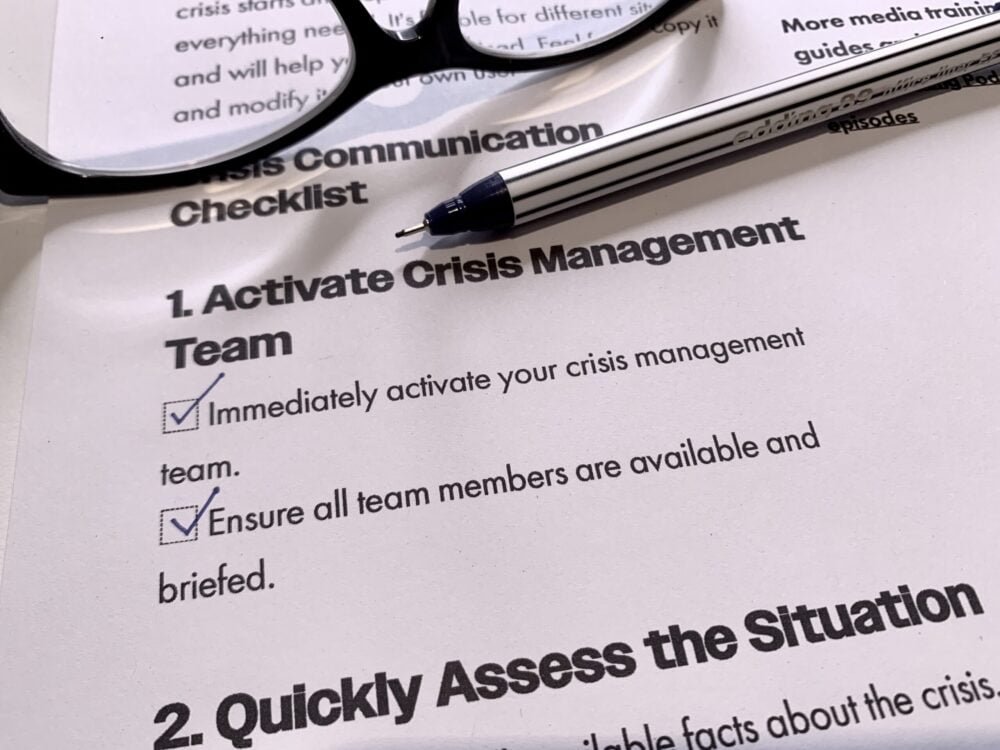
Crisis communications checklist
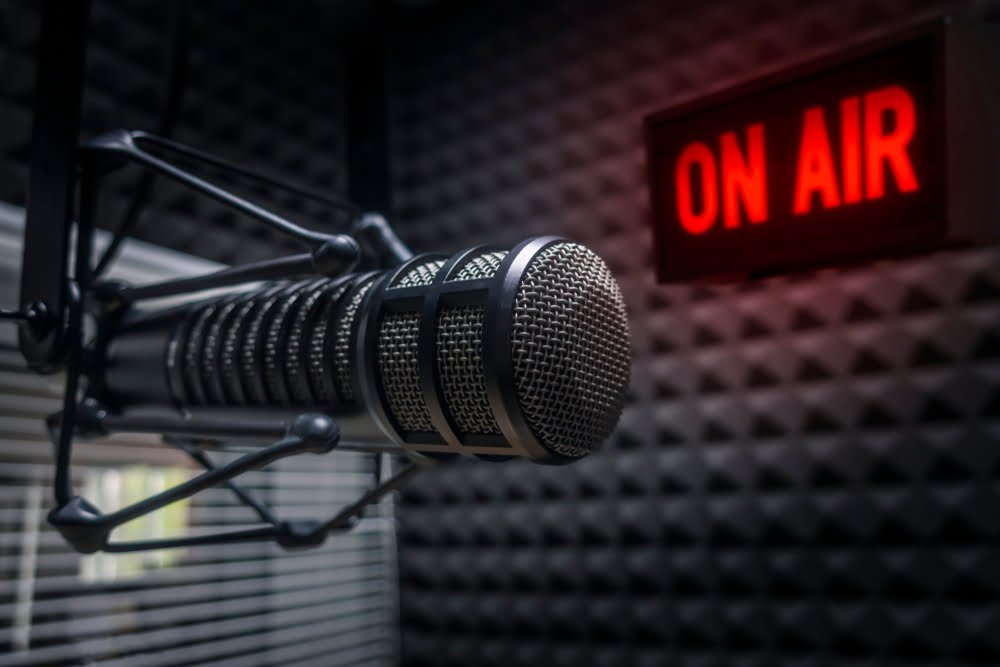
How to create a successful media soundbite
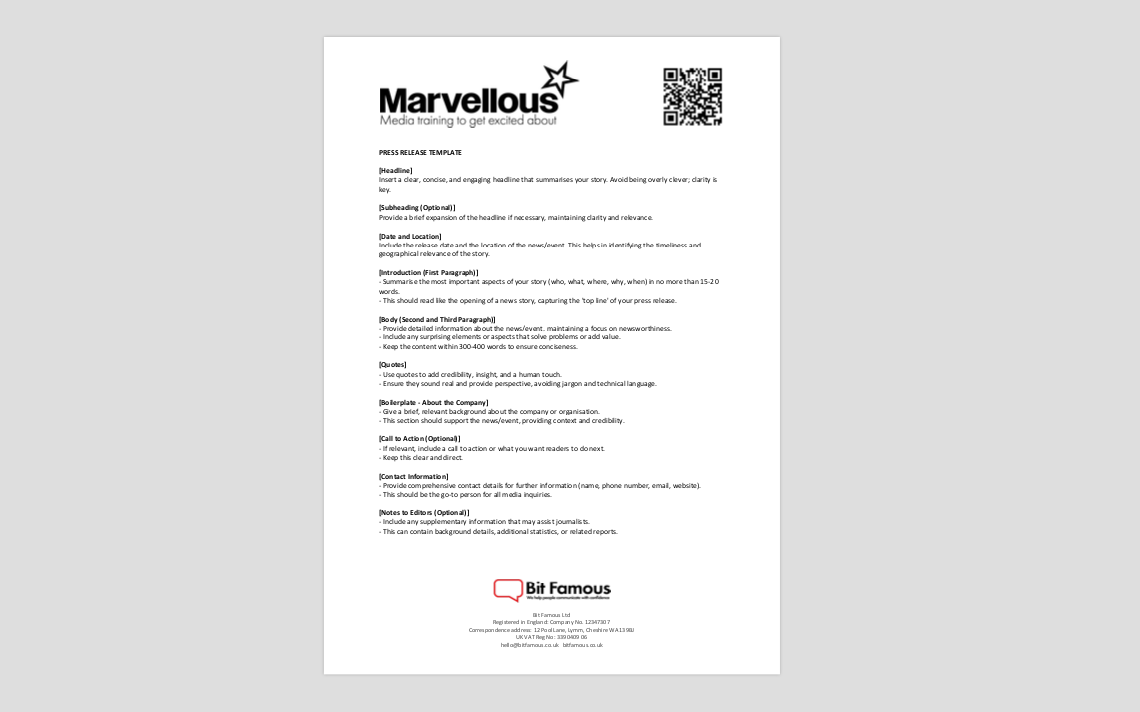
Free press release template (Word)
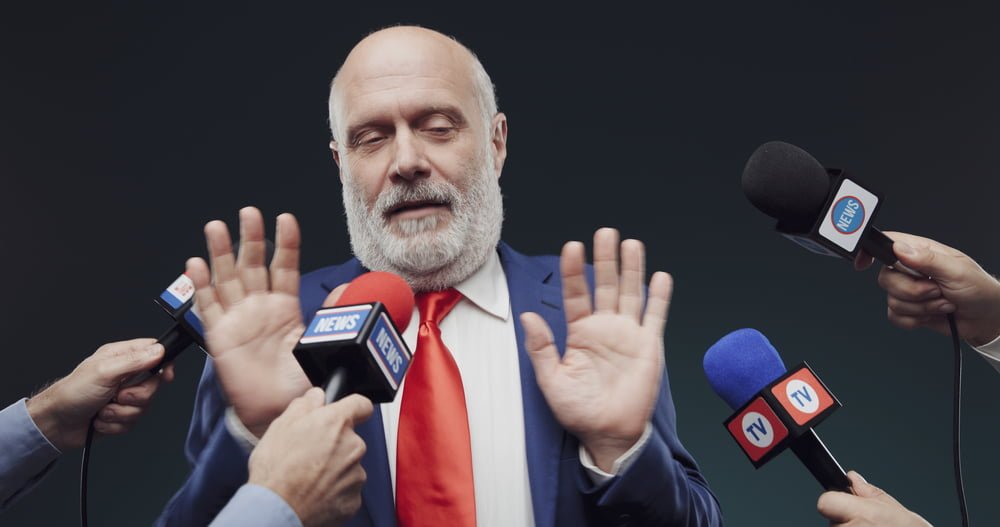
How do you handle a media question you don’t want to answer?
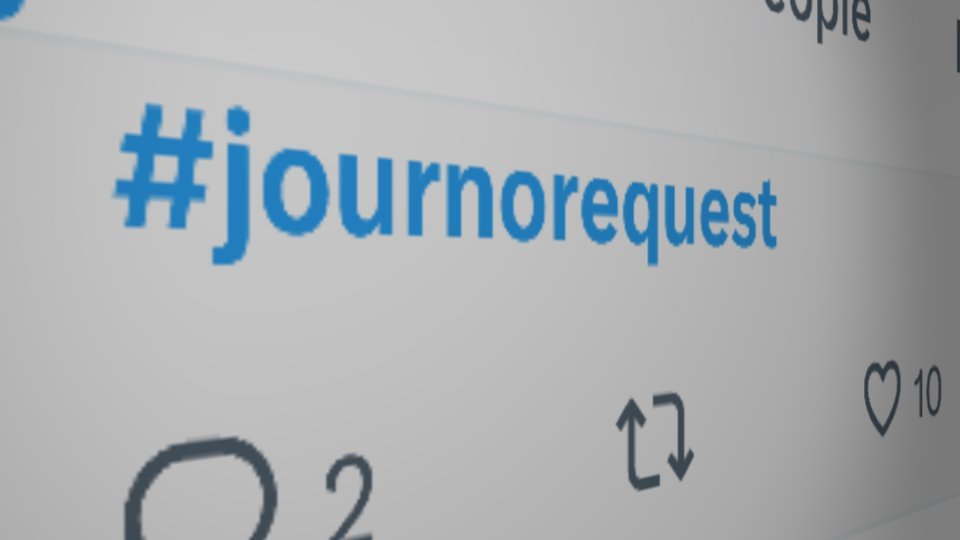
How to use #JournoRequest to get media attention for my business

How do I prepare for a TV interview online using Zoom, Teams or Skype?

How to appear on a business podcast

How to handle a difficult media interview
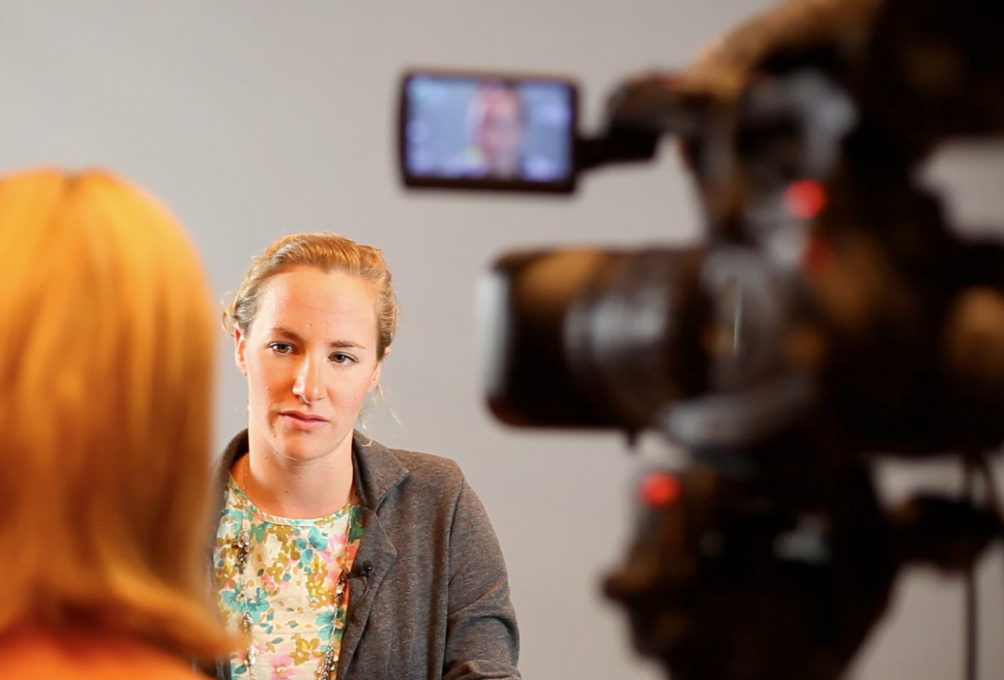
How to get featured in the media

How does the news work?
How can I develop a relationship with a journalist?


